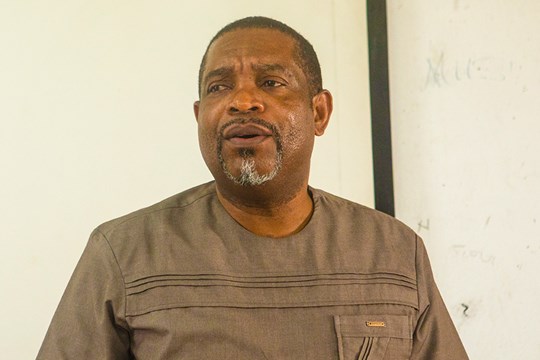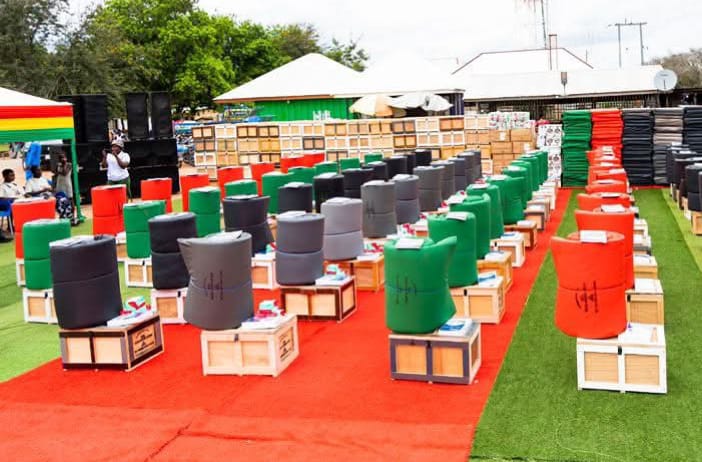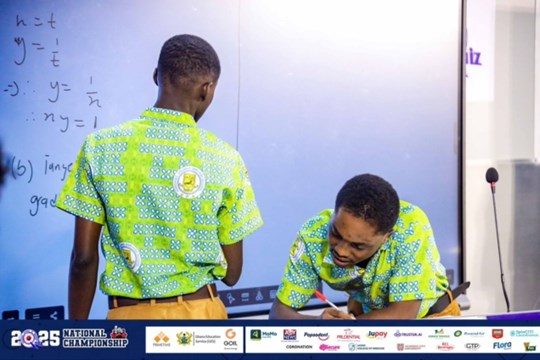At the start of the 2024/2025 academic year, Ghana’s secondary education sector underwent a major reform with the introduction of a new Senior High School (SHS) curriculum by the National Council for Curriculum and Assessment (NaCCA) and the Ghana Education Service (GES).
According to Prof. Samuel Bekoe, Director-General of NaCCA, “This curriculum aims to equip learners with 21st-century skills such as critical thinking, collaboration, creativity, and digital literacy, while promoting core Ghanaian values and inclusivity.”
He noted that ensuring the curriculum achieves its objectives requires not only effective teaching but also a modernised approach to assessment.
“A significant element of the rollout is the introduction of a new assessment approach and the Student Transcript Portal (STP),” Prof. Bekoe said in Accra.
The STP is a centralised system that stores comprehensive learner information, including bio-data, semester records, subject combinations, assigned classes, continuous assessment data, credit hours, grades, GPAs, and cumulative GPAs (CGPAs). A dedicated section also captures qualitative reports on student character and conduct.
Prof. Bekoe described the STP as a major step forward in modernising secondary education, laying the foundation for confident, capable, and future-ready graduates.
Mr. Lawrence Dogbatse, Deputy Registrar of WAEC, highlighted the portal’s role in transforming traditional assessment methods.
“We are moving beyond exam-based evaluation to incorporate project work, practical applications, and critical thinking. The STP ensures that every aspect of a learner’s growth, not just test scores, is recognised and valued.”
Mr. Dogbatse explained that while WAEC still conducts final assessments, the new approach evaluates higher-order thinking: only 30% of exams assess factual recall, while 70% focus on critical thinking, problem-solving, and communication.
The STP encourages consistency and engagement among learners, allowing parents to gain deeper insights into their child’s growth—including participation, leadership, and collaboration. Teachers benefit from clear rubrics and technology-based systems that ensure fair and accurate evaluations, while also providing support for learners with special needs.
Tertiary institutions and employers can access holistic student data, reflecting not only grades but also competencies such as leadership, ethics, and teamwork.
Mr. Prince Agyemang-Duah, Director of Schools and Instruction at GES, emphasised that:
“Learning is not just about what students can memorise and reproduce in a two-hour exam. It’s about how they think, collaborate, create, and apply knowledge to real-world situations. The STP enables education stakeholders to document the broader learning journey, recognising the full range of students’ efforts.”
With this innovation, Ghana is positioning itself to nurture confident, competent, and future-ready graduates, marking a transformative era in secondary education.
Source: Ghanaian Times









Leave a Comment